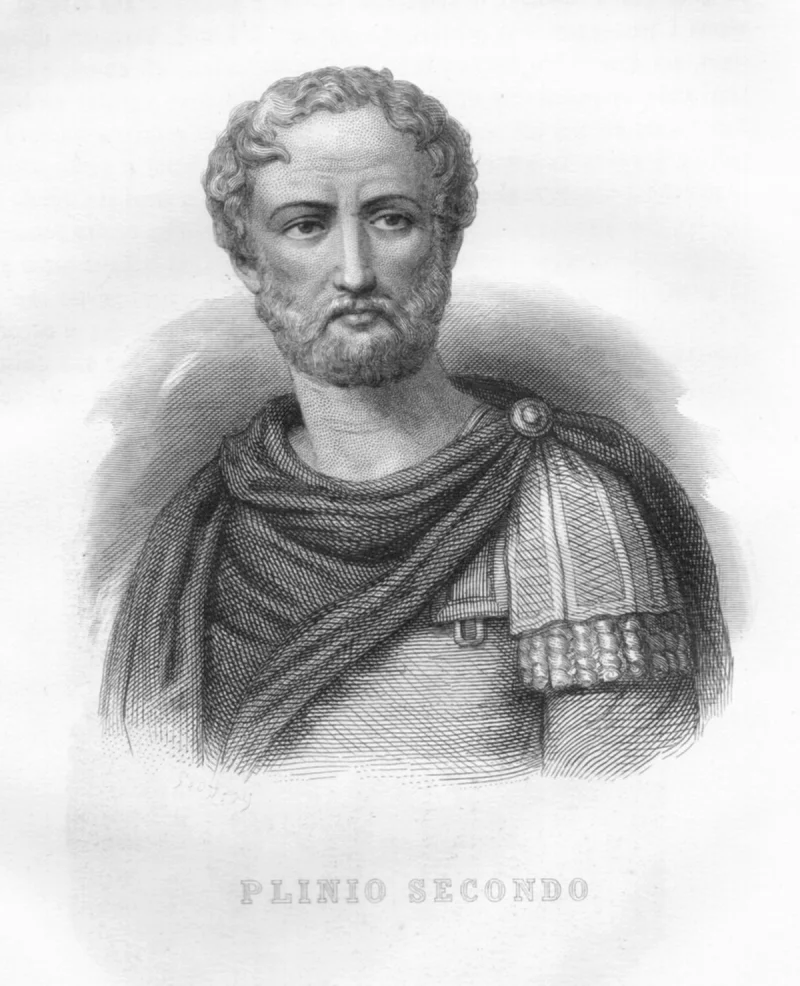Short Summary
Archimedes was a renowned ancient Greek mathematician, physicist, engineer, inventor, and astronomer. He is best known for his contributions to the understanding of geometry, hydrostatics, and the principle of leverage. Archimedes' inventions and theoretical work laid foundational principles in mathematics and physics, leading to advancements that would influence both ancient and modern science. His methods and theories have remained integral parts of education in mathematics and physics for centuries.
Early Life & Education
Archimedes was born around 287 BC in the city of Syracuse, on the island of Sicily, which was part of the Greek world at the time. He was the son of Phidias, an astronomer, which likely influenced his early interest in science and mathematics. Although specific details about his education are sparse, it is believed that he studied in Alexandria, Egypt, a major center of learning in the ancient world. There, he would have been exposed to the works of previous mathematicians and philosophers, which would have informed and inspired his own groundbreaking work.
Career Highlights
Archimedes spent much of his career in Syracuse, where he developed many innovative ideas and inventions. His work in geometry and mathematics led to the formulation of the Archimedean principle, which describes buoyancy and is a cornerstone of hydrostatics. He also invented the Archimedes' screw, a device for raising water, which remains in use today in various forms. Additionally, his work on the lever and pulley systems provided foundational principles for mechanics, allowing for advancements in engineering and construction.
Major Achievements
- Formulated the principle of buoyancy, known as Archimedes' Principle, explaining why objects float.
- Developed the Archimedes' screw, an efficient and enduring method for water lifting.
- Made significant contributions to the field of geometry, including calculations of areas and volumes of shapes.
- Invented war machines that defended Syracuse against Roman invasion, showcasing his engineering prowess.
- Authored works on mathematics that laid the groundwork for calculus and modern mathematical analysis.
Famous Quotes
- "Give me a place to stand, and I will move the Earth."
- "Eureka!" (Reportedly exclaimed upon discovering the principle of buoyancy.)
Interesting Facts
- Archimedes is considered one of the greatest mathematicians of all time.
- He devised a method for approximating the value of pi.
- Legend has it that he used mirrors to set enemy ships on fire, though this remains debated.
- He was killed during the Roman conquest of Syracuse, reportedly while engrossed in a mathematical problem.
- His works were lost for centuries and rediscovered during the Renaissance, sparking renewed interest in his contributions.
Legacy / Influence
Archimedes' work has left a lasting impact on numerous fields, particularly mathematics, physics, and engineering. His methods of problem-solving and theoretical insights provided a foundation for future scientific inquiry. The principles he discovered continue to be taught and applied across a variety of disciplines, evidencing his enduring influence on both ancient and modern science.
FAQ
Q: Why is Archimedes famous?
A: Archimedes is famous for his pioneering contributions to mathematics, physics, and engineering, including the principle of buoyancy and the invention of the Archimedes' screw.
Q: What did Archimedes invent?
A: He invented several devices, including the Archimedes' screw and war machines used to defend Syracuse.
Q: How did Archimedes die?
A: Archimedes was killed during the Roman conquest of Syracuse, reportedly by a Roman soldier while he was engaged in solving a mathematical problem.












